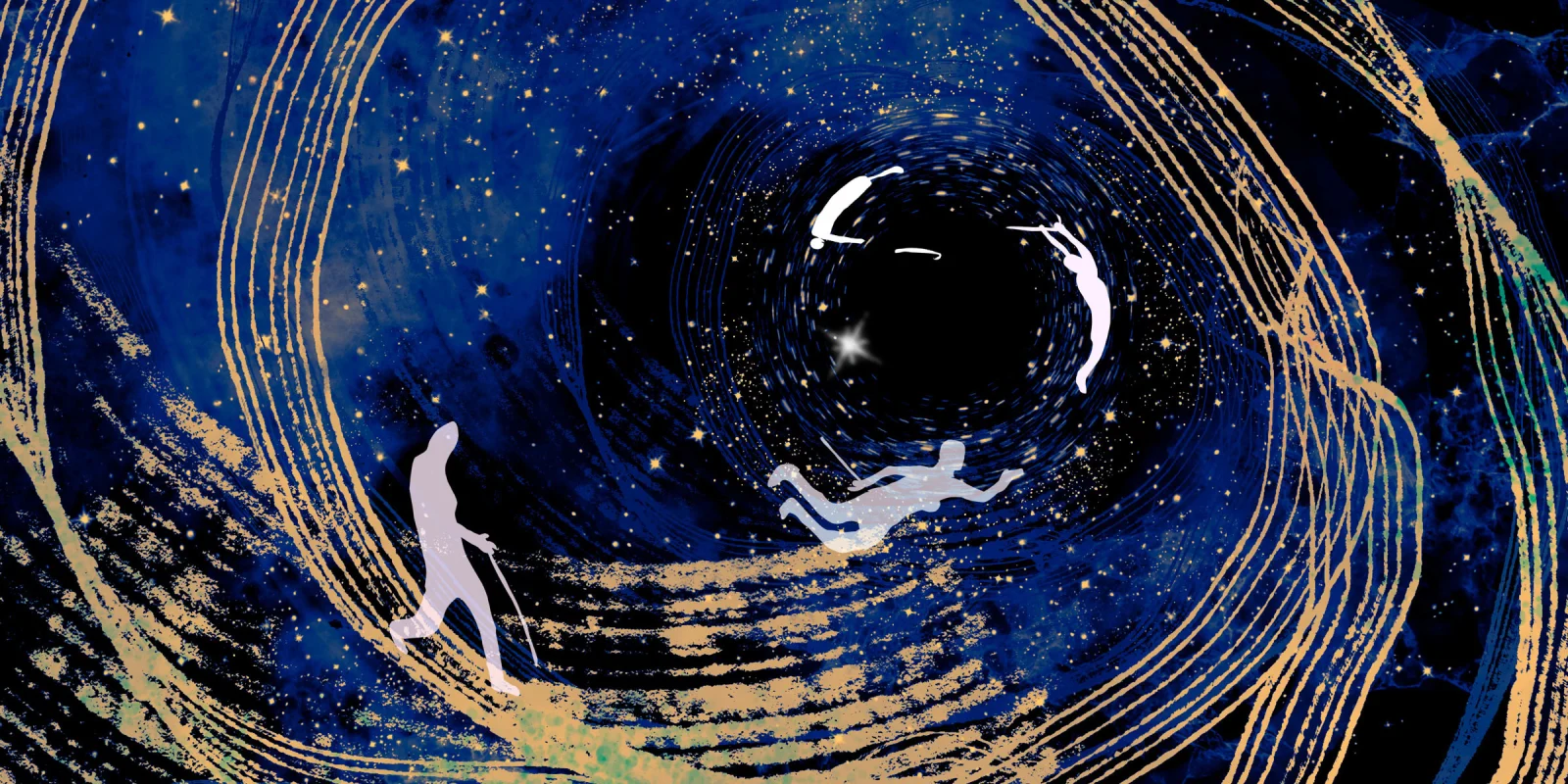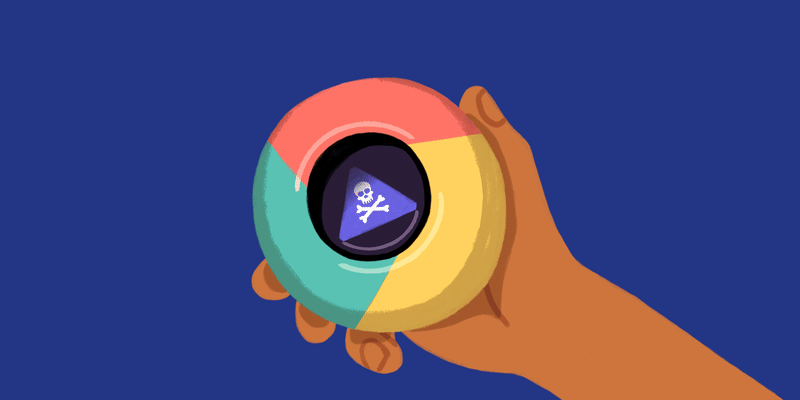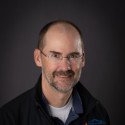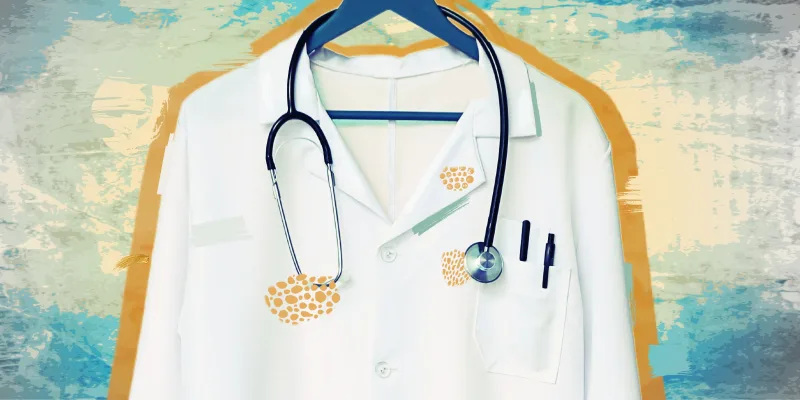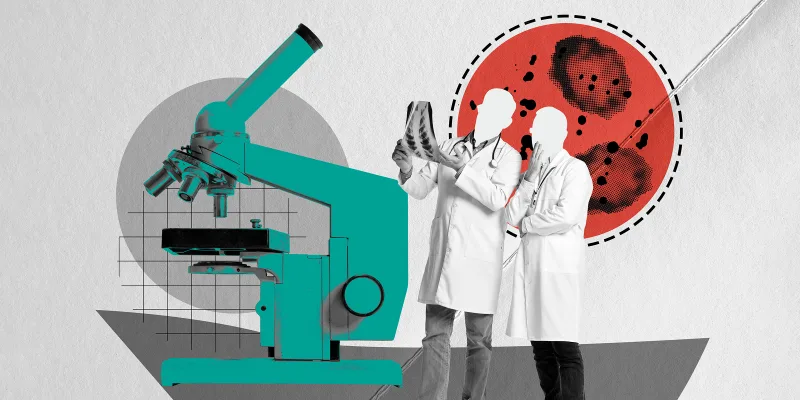If there is a meaning in life at all, then there must be a meaning in suffering. Suffering is an ineradicable part of life, even as fate and death. Without suffering and death, human life cannot be complete. — Dr. Victor Frankl
As physician healers and medical students, we may feel a distaste toward suffering, wishing to eradicate all of it from the patients we care for. However, this suffering is very much a part of the human cycle, and to prevent all experience of suffering is akin to preventing a ball from freely rolling down a hill. It is human nature to want to control the outcome of many situations, yet the beauty in life lies in the mystery of what it holds. Allowing oneself to be guided by life’s wonders is an intricate dance. Holding space for those who suffer is a humbling and sacred offering that holds many lessons on what it means to live a human experience.
Throughout life, I have wondered about the purpose of suffering, enchanted by the many questions my mind posed.
Are we meant to experience suffering to deepen our evolution, both individually and collectively, or perhaps develop greater compassion for humankind?
Why do we feel this?
What are we to do with this?
Such questions led me on the path of studying Vipassana meditation while further expanding my interest in medicine and healing. As a Vipassana meditation teacher, I often explain that observing and moving through suffering during the practice can lead one toward a path of liberation. However, this comes with a caveat. One must have full faith, patience, and effort with the practice, while being careful to let go of the initial desires that bring one to the mat. Upon a breakthrough of one’s suffering, one may feel an emotional, physical, and spiritual release, creating greater compassion and understanding for humankind that is beyond language itself.
And yet, what permeates through my mind is the question that plagues us after many encounters with patients and loved ones enduring pain. When we see suffering, the feeling of helplessness engulfs our entire heart, throbbing to other parts of our body, and the question fills us.
“Can I eradicate their pain?”
Gently put, we must understand that while we are practitioners of medicine and we care so deeply for our patients and loved ones, the ultimate outcome and journey for those we care for is beyond our control. We merely assist in creating healing as much as their bodies can allow. As much as we strive to be active participants in their healing, when necessary, we must also balance our intentions with space to surrender to the path or course their healing journey decides to take. Thus, in some ways, suffering teaches us to set ourselves free of a need to control another’s course of life. This allows us to be closer to those that suffer instead of our discomforts and guilt getting in the way of true connection.
What this requires of us is growth and compassion for ourselves and the journey of others. Yes, witnessing and experiencing suffering is difficult. It brings us to our knees as we pray for guidance from above. However, what suffering pulls us toward is the present moment, a moment for opening and revelation for the temporality of each life. For this, we are grateful for its teaching. For this, we become kinder to ourselves and others.
Suffering and death create an internal tension within us, the part of us that wishes for immortality, grasping onto a sensation moments before it leaves us. Yet, this very internal tension is what creates an urgency to live fully. One may ask: Where did the question What would you do today if you died tomorrow? come from? It pushes us to do what is outside our comfort zone, to experience novelty before life is taken from us. And so, are suffering and happiness two complete opposites? No, and one needs the other to exist. Like yin and yang, order and chaos, virtue and vice, the light chases the darkness and vice versa. There is light within darkness, and darkness within light, and you need both for human life to be complete and one.
Stephanie Lee is a fourth-year osteopathic medical student with a great interest in mental health, philosophy, and diet. She hopes to connect the reader through our shared human experiences to provoke introspection of intention and purpose in our daily lives. She is also on the editorial advisory board for AOA's The DO where her aim in writing is to elevate the human spirit through hope, reflection, and storytelling.
Illustration by Jennifer Bogartz
